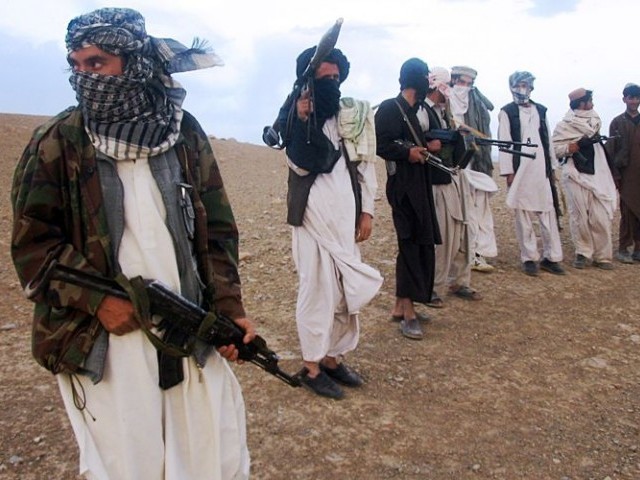
Although the talks had no official standing, the meeting provided an opportunity for Afghans to hold open discussions without the involvement of outsiders.
Abdul Qayyum Kochi, an uncle of President Ashraf Ghani, and Sayed Ishaq Gailani, a member of Chief Executive Dr Abdullah Abdullah’s team, were among the 20-strong delegation which flew into the Arab kingdom on a special plane from Kabul.
Kochi had been previously in contact with the Taliban.
A source privy to the developments told The Express Tribune that Kochi also joined the Taliban in their long-standing demand to withdraw all foreign troops from the war-torn country. It was later made part of a joint statement issued by the organisers at the conclusion of the talks on May 2-3.
The Canadian-based research group Pugwash organised the meeting with the financial support of the Qatari government and the UN mission in Afghanistan, UNAMA.
The Taliban have attended at least two similar meetings in France and Japan, but this time they had a robust delegation of eight senior members of their political office in Qatar. Head of the Taliban delegation, Sher Mohammad Abbas Stanekzai, read out a statement that listed demands for the opening and recognition of their political office in Doha, release of prisoners and removal of names of their leaders from the UN sanctions list.
Almost all the participants seemed satisfied with the outcome of the meeting and favoured more such gatherings so Afghans could sort out their problems without foreign intervention. Another meeting in this series is likely to be held in the United Arab Emirates next month, The Express Tribune has learnt.
Dr Ghairat Baheer, who led a two-member Hizb-e-Islami team, described the talks as “very useful”, adding that all problems were openly discussed.
“We favour inter-Afghan and intra-Afghan dialogue. Such meetings will help people of the country reach a consensus and ultimately lead to the restoration of peace and stability,” Baheer told The Express Tribune on his return from Qatar on Friday.
Baheer said he also felt a positive change in the attitude, approach and tone of the Taliban for the first time. “They [Taliban] were very vocal about peace and reconciliation.”
“The participants could easily feel from the deliberations that the militant group believed in coexistence with others and was seeking a solution to the conflict,” he said.
Another participant, former minister Dr Farouq Azam, says opponents were sitting around a table, eating together and praying behind each other. “All of them expressed a desire for continuation of the peace process and asked Pugwash to continue its efforts in this direction,” Azam told The Express Tribune.
“Since the Americans and the British, through the UN, were involved in convening the meeting, I am optimistic the process will continue,” he said. “Everybody agreed that foreign forces have to leave Afghanistan soon. Some expressed concern that there should be an agreement among Afghan political forces before the departure of the foreign forces,” stated the report issued at the conclusion of the two-day meeting late on Sunday.
Taliban insisted they should have a “specific address and a venue for talks and contacts.”
“We want to make it clear that organised meetings about the peace process can only be held if we have an office,” the Taliban statement said.
The Taliban office was closed down just days after its opening in 2013 when former President Hamid Karzai raised objections over the militant group raising a white flag atop the building and using the plaque of Islamic Emirate --- a name they used during their rule from 1996 to 2001.
Published in The Express Tribune, May 9th, 2015.
1735374867-0/Untitled-(6)1735374867-0-405x300.webp)
1735372359-0/Untitled-(5)1735372359-0-165x106.webp)
1735368609-0/Untitled-(4)1735368609-0-165x106.webp)
1735365305-0/Untitled-(3)1735365305-0-165x106.webp)
1735363887-0/Untitled-(2)1735363887-0-165x106.webp)
1735368727-0/Untitled-design-(71)1735368727-0-270x192.webp)
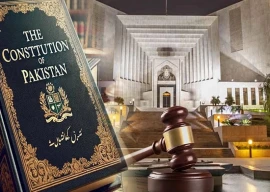
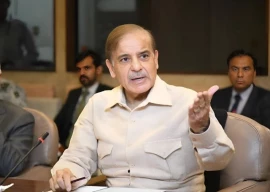



1735283394-0/sidra--(9)1735283394-0-270x192.webp)
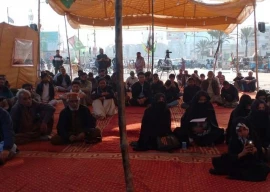
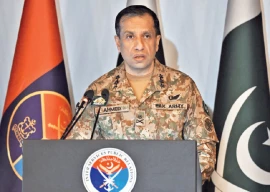
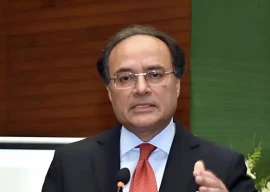
1720030784-0/Smog-free-Lahore-(14)1720030784-0-270x192.webp)
1733421998-0/New-Project-(1)1733421998-0-270x192.webp)

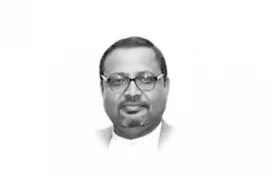
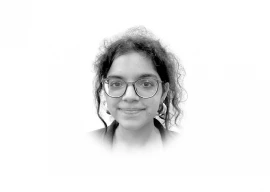



COMMENTS
Comments are moderated and generally will be posted if they are on-topic and not abusive.
For more information, please see our Comments FAQ